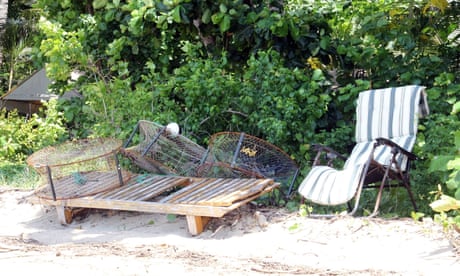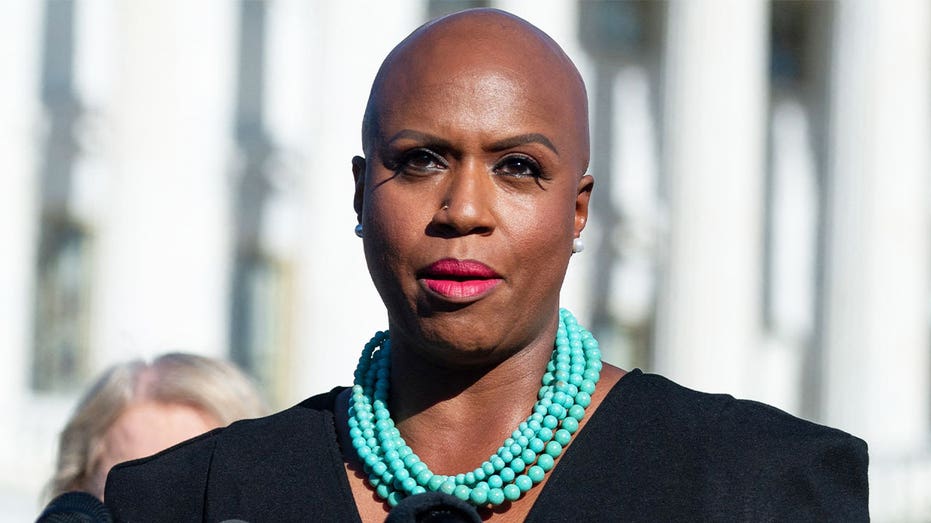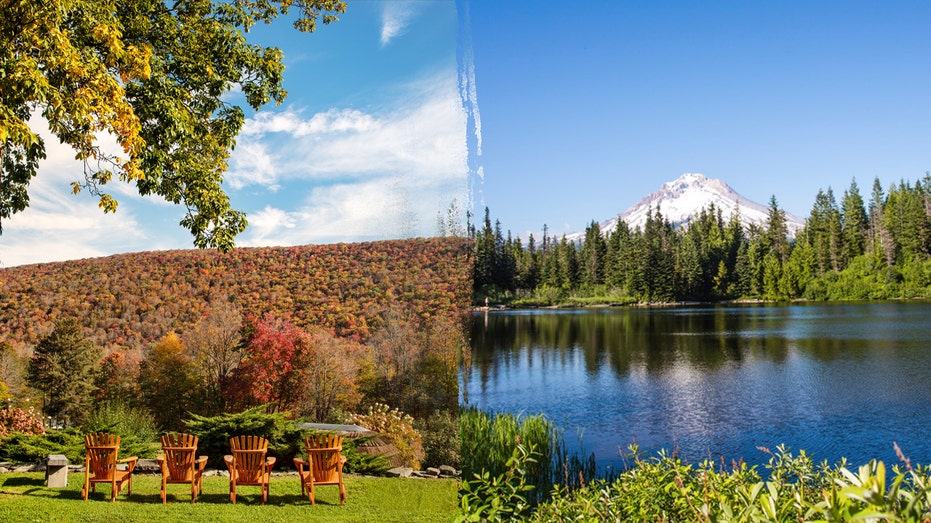- by foxnews
- 25 Nov 2024
Deserted islands: the push to make owners responsible for ‘derelict’ Queensland resorts
Deserted islands: the push to make owners responsible for ‘derelict’ Queensland resorts
- by theguardian
- 16 Apr 2023
- in news

Across the Great Barrier Reef, cyclones have left tropical island paradises shuttered and abandoned, replete with ruined infrastructure and damaged environments.
Now the state government is considering how to force the owners of these "derelict" island resorts to pay bonds, insurance, fines or otherwise ensure remediation, as conservationists join calls for overseas owners to foot the bill.
Queensland's Transport and Resources Committee called a parliamentary inquiry into the economic and regulatory frameworks for Queenland's island resorts on 21 February 2022. The report was tabled in March, after a year-long series of public hearings and written submissions from conservationists, tourism boards and operators, traditional owners, councils and private citizens.
The committee found that "abandoned and dilapidated Great Barrier Reef island resorts blight the capacity of the Queensland tourism industry to recover from the significant loss it experienced from the Covid-19 pandemic, and that there was little incentive to remediate, repair or otherwise remove the outdated, damaged and dilapidated infrastructure that is present on many of these islands".
The South Molle Islands, which were smashed by Cyclone Debbie, were sold to the Chinese owners of Daydream Island Resort, but "the still-damaged buildings remain in place", the Whitsunday Conservation Council said.
Lindeman Island, sold after cyclone damage to the Chinese-owned White Horse, was now "in a state of decay" the council said, describing it as "completely derelict" and likely to have asbestos.
The Singaporean company Well Start announced last week it plans to buy Lindeman, subject to foreign investment rules, pledging to restore it.
The government has given Hong Kong-based billionaire Benny Wu an ultimatum to fix Double Island, the ABC has reported. The inquiry heard site inspections had shown waste was building up, coastal erosion was occurring, and the site was "in no condition to provide any sort of facility for tourism". It also heard the Cairns regional council continued to receive public complaints about the state of the island.
The Whitsunday Conservation Council said island resorts were at the whim of nature and climate change - meaning more severe cyclones. The "distant corporate ownership" doesn't help with interacting with local communities, traditional owners or "taking an interest in the local environment", the council said.
The committee's report recommended a range of ways to make sure taxpayers weren't hit with remediation bills, including the cancellation of non-compliant lessees, tougher penalties and fines, or new laws to require owners to pay bonds and make sure the state is not liable for costs.
The Wildlife Preservation Society of Queensland said the companies should have to put up bonds or insurance to ensure the rehabilitation of the islands. Society president Des Boyland said the government should also make sure they're not leasing out places "with high conservation values that need to be protected".
Boyland said the damage started as soon as island resorts are developed. "You need to keep vehicles off beaches; a lot of marine critters live in the sand," he said.
"The fact that they're there; they've cleared areas to start with for infrastructure and when you open it up, you're opening it up to weeds, to erosion of the natural ecosystem. You're exposing certain areas, you're exposing wildlife that don't have protection. Invariably they destroy habitats, nesting hollows."
The resources minister, Scott Stuart, said the government would "carefully consider" the inquiry's recommendations.
"The Queensland government is committed to the responsible development of our island resorts for the jobs and business opportunities they create in regional Queensland," he said.
"The department of resources continues to work with lessees and key stakeholders to facilitate redevelopment and rejuvenate our island resorts."
Guardian Australia has attempted to contact the island resort leaseholders.
- by foxnews
- descember 09, 2016
'Quiet travel' is having a moment; here are top US spots where you can embrace the trend
Here are 10 destinations for "quiet travel" in the U.S. to check out if you're ready to unplug and unwind on your next vacation. From Maine to Florida, Oregon and more, see the list.
read more


